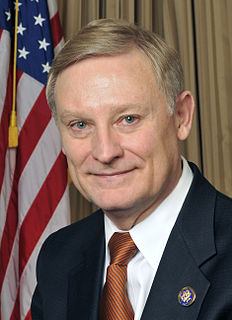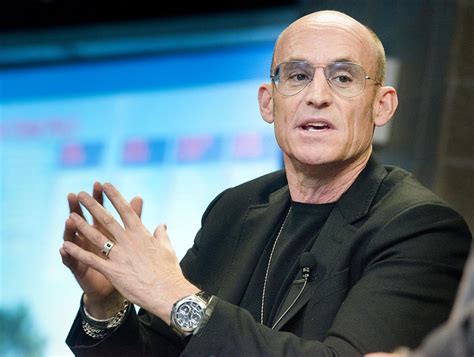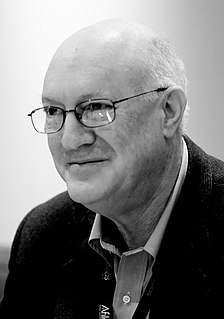A Quote by Paul Krugman
The growth of the Internet will slow drastically, as the flaw in 'Metcalfe's law'–which states that the number of potential connections in a network is proportional to the square of the number of participants–becomes apparent: most people have nothing to say to each other! By 2005 or so, it will become clear that the Internet's impact on the economy has been no greater than the fax machine's.
Related Quotes
If the 1,990-page House Health Care Bill becomes law, the average American will receive worse health care, American physicians will decline in status and income, American medical innovation will dramatically slow down and pharmaceutical discoveries will decline in number and quality. And, of course, the economy of the United States will deteriorate, perhaps permanently.
Many people believe that the grains of sand are infinite in multitude ... Others think that although their number is not without limit, no number can ever be named which will be greater than the number of grains of sand. But I shall try to prove to you that among the numbers which I have named there are those which exceed the number of grains in a heap of sand the size not only of the earth, but even of the universe
The Internet is a giant international network of intelligent, informed computer enthusiasts, by which I mean, "people without lives." We don't care. We have each other.... While you are destroying your mind watching the worthless, brain-rotting drivel on TV, we on the Internet are exchanging, freely and openly, the most settings, uninhibited, intimate and, yes, shocking details about our "CONFIG.SYS."
The Internet will not become a money machine until the banking industry figures out how to transfer money for free so you can charge USD 0.005 (half a cent) for some simple service like, say, reading a newspaper article you have searched for. With today's payment system, the cost of the transfer of the funds completely dwarf the cost of the service paid for. ... This situation, however, is what acutely prevents the Internet from taking off as a network for paid services.
Loneliness is different than isolation and solitude. Loneliness is a subjective feeling where the connections we need are greater than the connections we have. In the gap, we experience loneliness. It's distinct from the objective state of isolation, which is determined by the number of people around you.





































